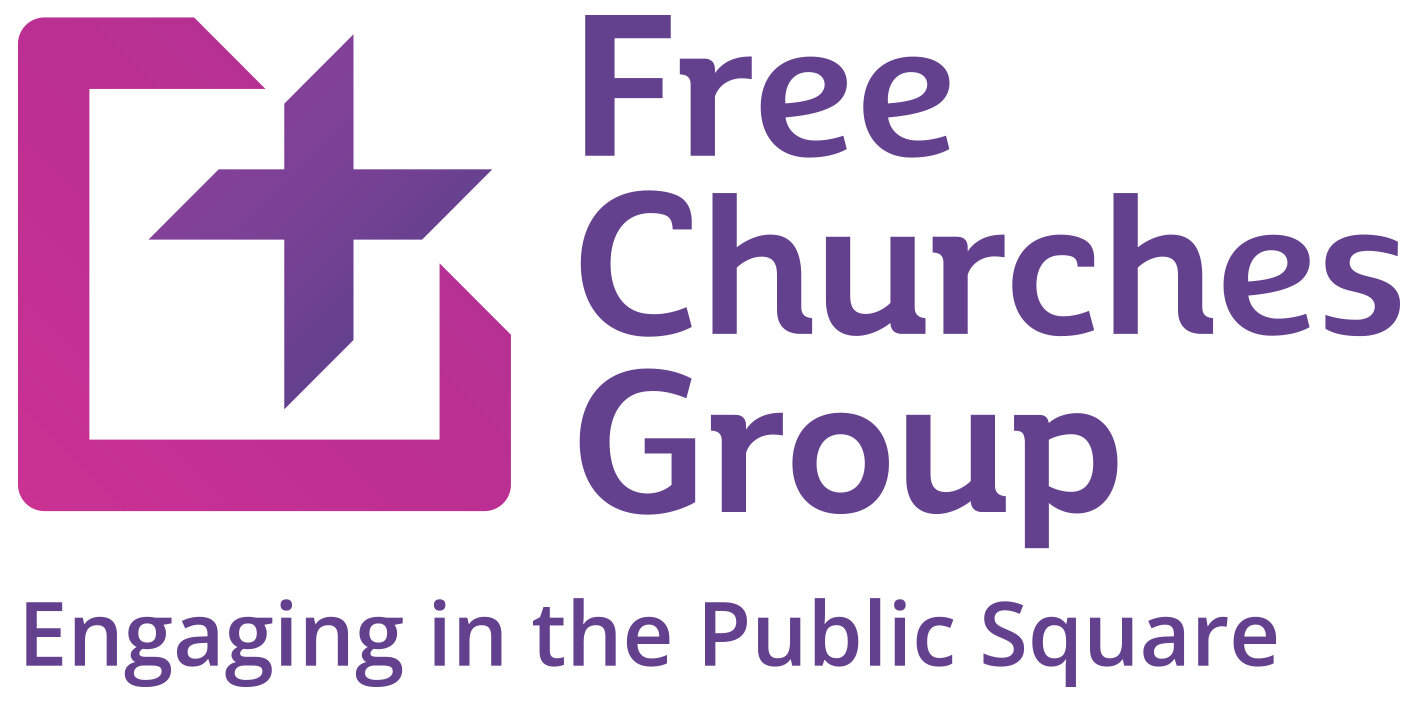A new report, The Church and Social Cohesion, commissioned by the Free Churches Group, investigates how churches in England contribute to social cohesion.
The Church and Social Cohesion: Connecting Communities and Serving People is the concluding report of an 18–month project which seeks to understand the impact of churches on the cohesiveness of our communities across England. It was commissioned by the Free Churches Group, and authored by Dr Madeleine Pennington, Theos’ Head of Research.
Between November 2018 and September 2019, Theos researchers observed a range of local cohesion initiatives and conducted 361 semi–structured interviews in 14 English local authorities: Bolton, Bradford, Bury, Cornwall, Croydon, Derby, East Lindsey, Haringey, Middlesbrough, Newham, Peterborough, Plymouth, Solihull, and Thanet. Just under half of participants were church–based; the remainder were cohesion stakeholders from a wide range of non–Christian contexts (including council officers, elected representatives, other faith leaders, healthcare professionals, teachers, and more). You can read all about the findings from those conversations and see some suggestions about how your church can make bolder braver steps in your work in building a more socially cohesive community (links at the end of the article below).
The report begins with a brief overview of recent cohesion policy, particularly noting how it has often been directed in response to crisis rather than a sustainable consideration of community assets. It then notes that Christians have distinctive theological motivations for engaging with their communities, before considering churches’ community assets in turn. It notes six assets as particularly common features of effective church–based community engagement: buildings, networks, leadership, convening power, volunteers and vision. Finally, it assesses how effectively churches work with a range of other community stakeholders in pursuit of cohesion aims, through a more targeted consideration of churches’ working relationships with other faith groups, other churches, and local authorities.
The report offers six core recommendations for the future, three of which are directed at policymakers, and three of which are directed at churches.
It finds that policymakers should…
1. Ensure that they are working with churches wherever possible and appropriate as part of a move away from a crisis–driven approach;
2. Be prepared to engage with, and promote, both bridging and bonding opportunities as they emerge practically in local communities and beyond;
3. Take account of the specific ways in which churches operate in their communities.
Meanwhile, churches should…
4. Build on the natural strength of their embeddedness in community to tailor their engagement to the community in which they sit, what the community needs, and what their congregation will support;
5. Systematically reflect on their assets to ensure they are being used to their maximum potential in pursuit of better social cohesion outcomes;
6. If involved in providing services for the whole community, such as public service delivery or education, ensure inclusion and diversity are promoted in their spaces.
For further practical suggestions for how churches and policymakers can engage and work effectively together on cohesion issues, see the ‘How To’ booklets published alongside this report.
Download ‘Nurturing Social Cohesion: Why it matters and what your church can do about’ here.
Download ‘Nurturing Social Cohesion: A how–to guide for engaging churches’ here.






